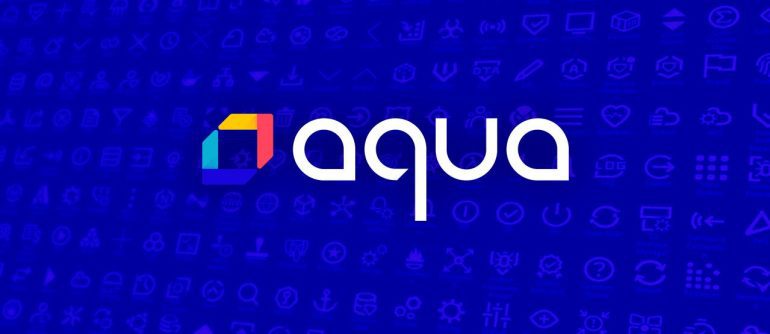- Aqua Security introduces new features to protect Large Language Model (LLM) applications.
- LLM technology offers enhanced capabilities but also introduces security risks.
- Aqua’s solution includes code integrity checks, real-time monitoring, and GenAI assurance policies.
- Gilad Elyashar emphasizes the importance of security tools tailored for LLM applications.
- Aqua’s solution enables secure adoption of LLMs while ensuring compliance with regulatory standards.
- The solution integrates seamlessly into Aqua’s Cloud Native Application Protection Platform (CNAPP).
Main AI News:
Application Security Aqua Security, a leader in cloud-native security solutions, has launched innovative features tailored to safeguard the development and operation of generative AI applications utilizing Large Language Models (LLMs). As businesses increasingly adopt LLMs, they face emerging attack vectors that pose risks to their applications and operations. Aqua is at the forefront of LLM application security, empowering companies to stay secure while advancing their application development initiatives.
The rise of LLM technology has revolutionized application capabilities, enabling businesses to deliver personalized experiences and enhance operational efficiencies. However, these advancements also introduce new risks that necessitate proactive security measures to mitigate potential vulnerabilities.
Gilad Elyashar, Chief Product Officer at Aqua Security, emphasizes the critical importance of security tools tailored for LLM applications: “The widespread adoption of LLM-powered applications underscores the urgent need for security solutions that enable companies to leverage this technology confidently without impeding innovation. While LLM applications hold immense promise, they also introduce new attack vectors, including prompt injections, insecure interactions, and unauthorized data access.“
To address these challenges, Aqua Security provides comprehensive protection for LLM-powered applications from code to cloud, aligning with OWASP recommendations and industry best practices. By leveraging advanced code scanning technology, Aqua identifies and mitigates unsafe usage of LLM in application code, including unauthorized data access and vulnerabilities specific to LLM-powered applications. Furthermore, Aqua’s runtime protection capabilities actively monitor LLM-powered application workloads in real-time, preventing unauthorized actions and malicious code execution.
Aqua Security also offers GenAI Assurance Policies, serving as guardrails for developers of LLM-powered applications. These policies, based on OWASP Top 10 for LLMs and industry standards, prevent unsafe usage of LLMs and ensure compliance with regulatory requirements.
Elyashar reaffirms Aqua Security’s commitment to enabling the secure adoption of LLMs: “Organizations are embracing LLM technologies to drive business transformation. Our mission is to facilitate the secure and rapid adoption of LLMs, accelerating their market readiness while safeguarding against malicious exploits. With Aqua Security, businesses can confidently navigate the complexities of LLM-based application development and deployment.”
Aqua Security’s solution empowers security teams, DevOps practitioners, and compliance professionals with the necessary tools and expertise to navigate the evolving landscape of LLM security. By bridging the gap between security requirements and development processes, Aqua Security enables organizations to embrace innovation while mitigating potential risks.
These cutting-edge capabilities seamlessly integrate into Aqua Security’s broader Cloud Native Application Protection Platform (CNAPP), providing a unified solution for holistic protection across the entire cloud-native application lifecycle.
Conclusion:
Aqua Security’s innovative solution addresses the emerging security challenges associated with Large Language Model (LLM) applications. By providing comprehensive protection from code to cloud, Aqua enables organizations to leverage LLM technology securely, driving business transformation while mitigating potential risks. This signifies a significant advancement in the market for cloud-native security solutions, catering to the growing demand for robust protection in the era of AI-driven application development.

